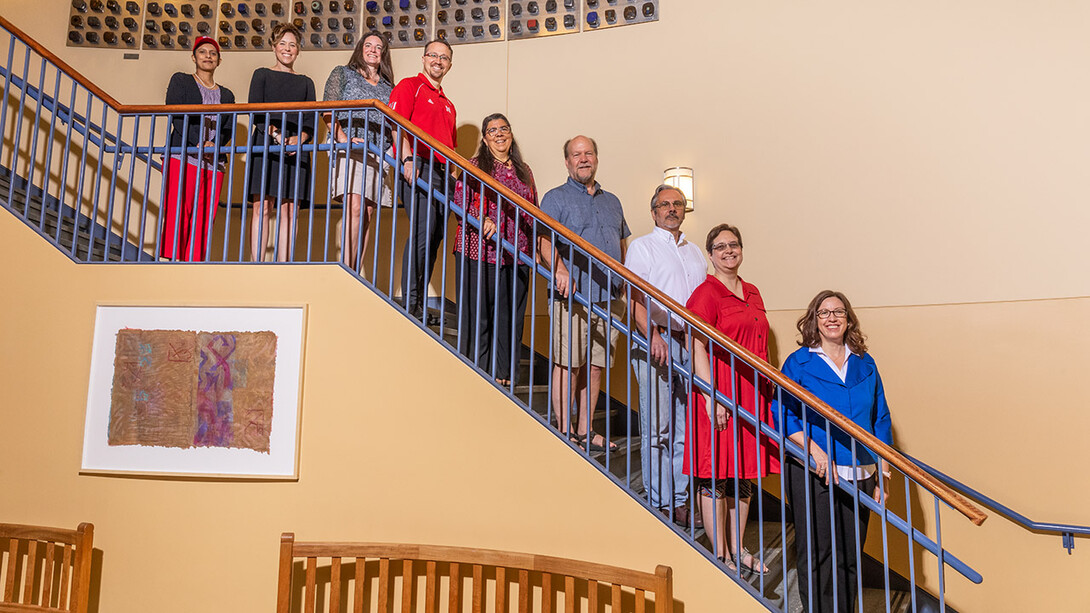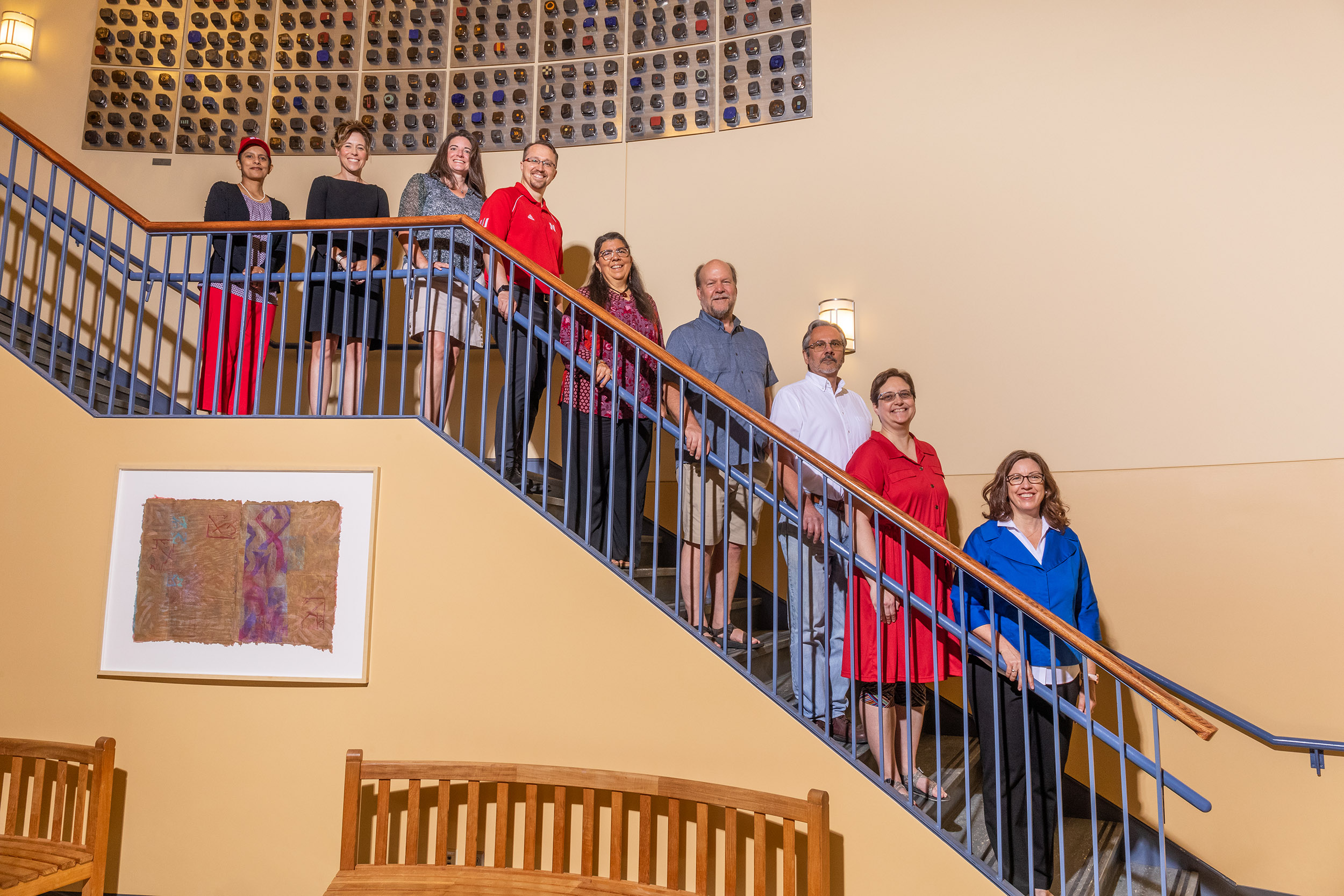
The National Science Foundation has awarded the University of Nebraska–Lincoln a grant totaling $4.3 million to recruit and develop secondary science teachers as leaders with a strong focus on aspects of equity and inclusive teaching and learning in Nebraska schools.
The project, “Meeting the Needs of Diverse Students through a Next Generation of Science Teacher Leadership in Nebraska,” will be implemented by an interdisciplinary group of faculty researchers and funded by a six-year, $2.9 million grant from the NSF’s Robert Noyce Teacher Scholarship Program, with $1.4 million in matching funds from project partners.
The team, led by Elizabeth Lewis, associate professor of science education in the Department of Teaching, Learning and Teacher Education, will recruit 26 exemplary secondary science teachers to participate in a rigorous educational specialist degree program and long-term professional development as teacher leaders.
The two cohorts of 13 teachers with master’s degrees will be required to maintain their classroom teaching for five years as Noyce Master Teacher Fellows and complete an educational specialist degree program focusing on science education and equity, teacher leadership, and science content for teaching. Each teacher will be provided a salary supplement of $10,000 per year for the five years.
“Access to science education-focused, long-term professional development opportunities can be challenging for teachers, especially those in rural schools,” Lewis said.
Co-principal investigators include Husker faculty members Wendy Smith, associate director of the Center for Science, Mathematics and Computer Education and research professor of mathematics; Dan Claes, professor and chair of physics and astronomy; David Harwood, professor of Earth and atmospheric sciences; and Gina Matkin, professor of agricultural leadership, education and communication.
The team will collaborate across three colleges at Nebraska — Education and Human Sciences, Arts and Sciences, and Agricultural Sciences and Natural Resources — and the Office of Graduate Studies. Other project partners include Nebraska’s largest public school systems, in Grand Island, Lincoln and Omaha; the Nebraska Association of Teachers of Science; and the Nebraska Department of Education. Collectively, they will develop a greater capacity for science teacher leadership and science education reform in Nebraska.
The Noyce Master Teacher Fellows will develop, for example, authentic learning experiences, especially for traditionally underrepresented students in science, as a way to generate positive and empowering student science identities at the intersections of culture, race and gender. Noyce Fellows will complete and share leadership projects situated in their own classrooms and school districts with other science teachers through state, regional and national networks.
“We hope that the project activities will inspire not only these science teachers, but also others statewide to generate a ripple of broader, positive impacts on all students’ science education,” Lewis said.
Noyce Master Teacher Fellows will also complete National Board Certification, the most respected professional certification available in K-12 education. This program will more than double the number of Nationally Board Certified secondary science teachers in Nebraska.
The grant and scholarship program is named for Robert Noyce, who co-founded Intel and invented the integrated circuit, which sparked the personal computer revolution. Noyce cared deeply about the dwindling number of students heading into science, technology, engineering and mathematics careers.
Recruitment for the first cohort will begin this fall, with an application deadline of Oct. 1.








